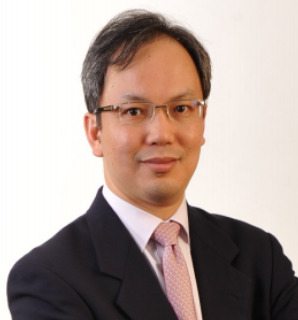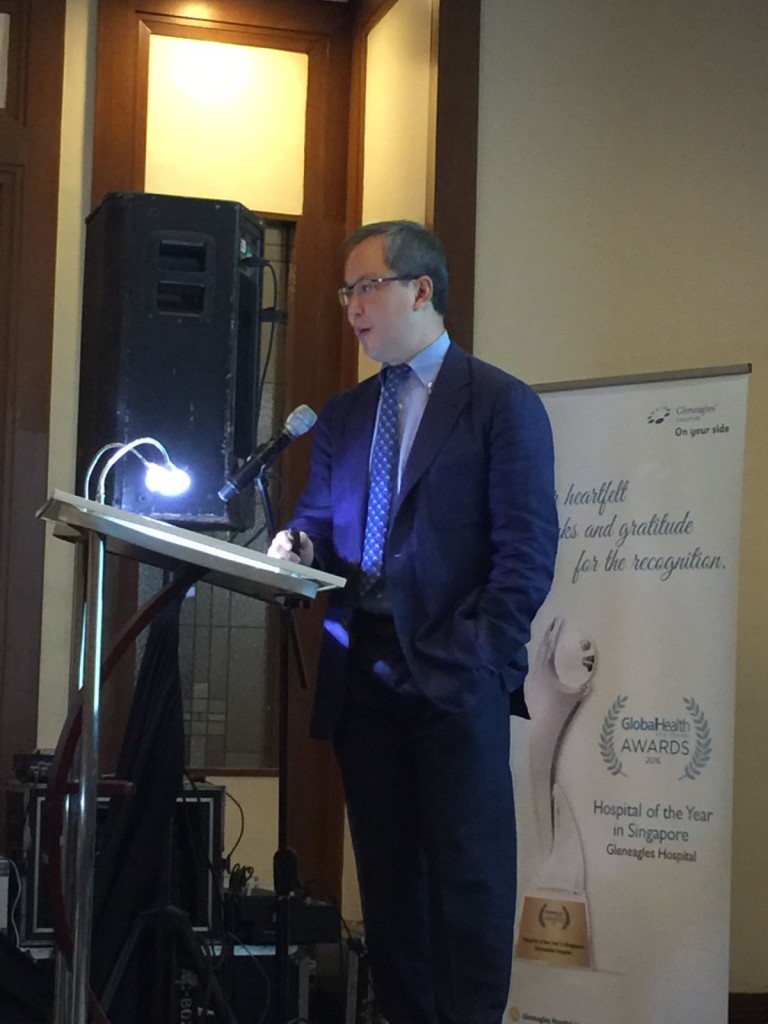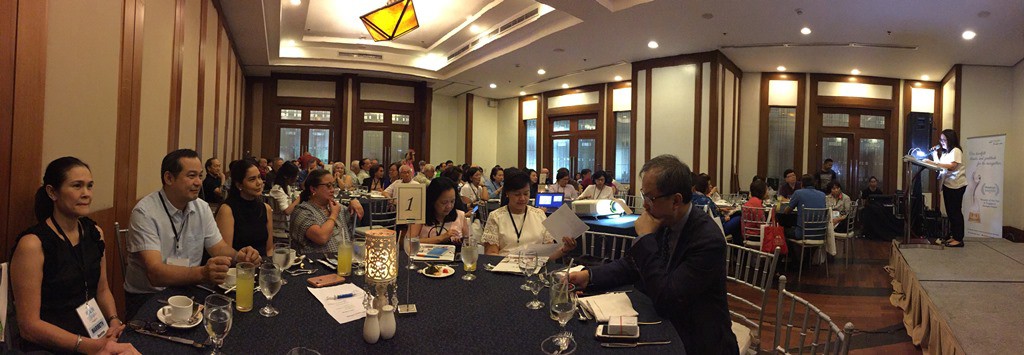Christmas is right around the corner, which makes it prime time for Filipinos to be reminded to enjoy the holidays, but not to overindulgence. Singaporean based doctor Dr. Lee Kang Hoe supports this wholeheartedly, and in his first visit to Manila this November, talks about fatty liver disease — an ailment many Filipinos are familiar with and hope to never develop.
In a conversation with the senior consultant at the Asian American Liver Center at Gleneagles Singapore, he breaks down the disease’s facts, debunks myths and gives Filipinos valuable health and lifestyle takeaways to live by, helping them guard against the disease.
(Dr. Lee Kang Hoe)
The basics
1) Fatty liver disease is caused by an excessive amount of fat build up in the liver, although you can have some amount of fat in your liver and still live a perfectly normal life. It becomes a real danger when you have fat, and inflammation. That’s when fatty liver disease becomes a concern.
2) Fatty liver disease is a silent disease. Patients can have significant damage from inflammation, but show no symptoms. The only way to find out is by undergoing blood tests to test the levels of liver enzymes to determine if there is, indeed, inflammation. Including these tests in your annual or bi-annual executive check ups is highly recommended.
3) Dr. Lee says that fatty liver disease is mostly an “80 percent lifestyle and 20 percent genetic disease.” While there is still a relatively large genetic component to the condition, what we feed our bodies and how well we take care of them greatly contributes to the development of fatty liver disease.
4) Fatty liver disease usually becomes a concern at middle age. And according to a 20 year study conducted, Filipino women are more prone to developing the condition than Filipino men.
5) If your parents or older siblings have fatty liver disease, and more especially if they’re also diabetic and have high blood pressure, then it should serve as a warning to the younger members of the family.
6) People that suffer from obesity and have other medical issues such as diabetes and hepatitis B and C are encouraged to be extra conscious about their health as these ailments can combine with or exacerbate fatty liver disease.
7) Fatty liver disease can worsen when untreated and turn into liver cancer and other serious health issues like heart disease.
8) If you get liver cirrhosis (liver inflammation and fibrous thickening of liver tissue), it’s possible for it to get better and improve dramatically. But liver cancer, at an advanced stage, unfortunately has a different outcome. By the time a person is symptomatic (when you feel pain, or there are other signs that it’s spread), it’s become late stage liver cancer. If patients don’t detect it early and therefore can cure it, liver transplant will become a consideration.
9) While some component of fatty liver disease disease may be due to genetics, the good news is that fatty liver disease is very much preventable when immediate and sustainable lifestyle changes are employed.
(Dr. Lee delivers his lecture at the Manila Polo Club)
Debunking myths
1) Contrary to popular belief, fatty liver disease isn’t something only heavy drinkers should be wary of. It’s also possible for people to develop NASH, or non-alcoholic steatohepatitis. NASH resembles alcoholic liver disease, but occurs in people who drink little or no alcohol. Here, a sedentary and overindulgent lifestyle can be considered the culprit.
2) Having a normal body mass index (BMI) does not mean that a person will never have to worry about fatty liver disease. Other factors come into play.
3) Not all abnormal liver function is due to fatty liver disease, and many other things can cause inflammation (for instance, hepatitis).
4) Eating organic food and depending on home or herbal remedies to cure or fully prevent these health conditions from developing has no scientific basis. However, when it comes diet, the main concern is in eliminating manufactured, instant, processed and overly rich food in our lives.
(Dr. Lee sits in a crowd of eager listeners)
Valuable takeaways to live by — even when the holidays are over
1) Getting regular exercise at a young age: Whether it’s outdoors, or in a gym, with your friends or playing a game, you need to include exercise into your daily routine, and cannot just do it only when you have free time. In the same way you sit down for lunch and dinner or sleep, once you build exercise into your routine at a young age, generally speaking, it’s much easier to continue when you’re older. When you get to middle age, then it’s a different story. You get a bit lazy — change is much more difficult. Generally, five times a week, 30 minutes each time is the recommended amount of exercise.
2) Say no to binge diets: Losing 1 kg. a week is ideal, and to come up a suitable and weight loss program and ways to sustain a healthy weight, always consult your doctors first. Similarly, the appropriate frequency and intensity of an exercise routine must also be discussed.
3) On drinking: Dr. Lee recommends a modest 15 drinks consumed in a week, and jokes that if you drink more than your liver doctor, then that’s probably too much alcohol for you.
4) Your environment: Surround yourself with friends who enjoy living active lifestyles, or join an fitness circle whose members will encourage you to become more active. People who live healthy lives together find that it’s usually easier for them to sustain the change.
5) Everything in moderation: Extremes is what hurts people, whether it is too much exercise, too much food, too much alcohol, too much smoking or too little activity. It’s excesses that get people into trouble.








